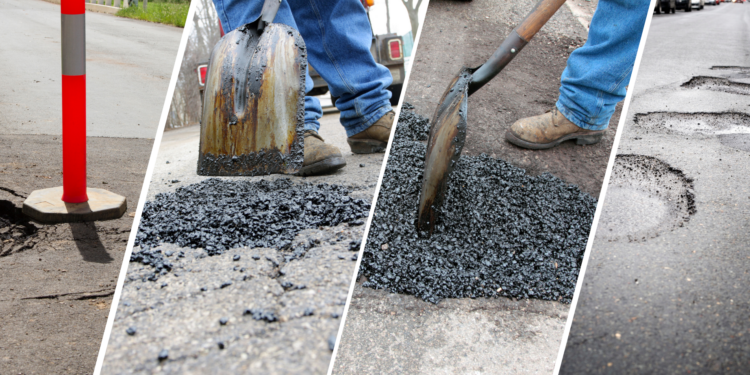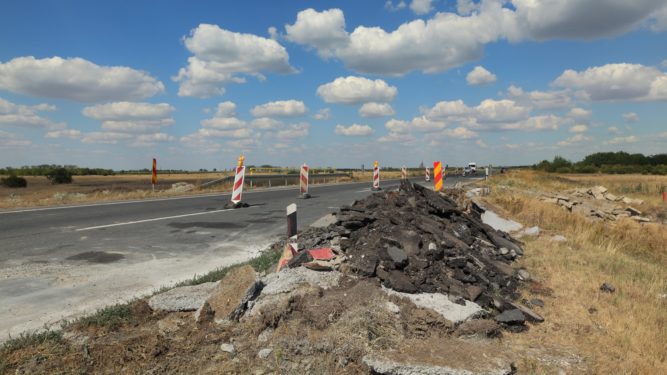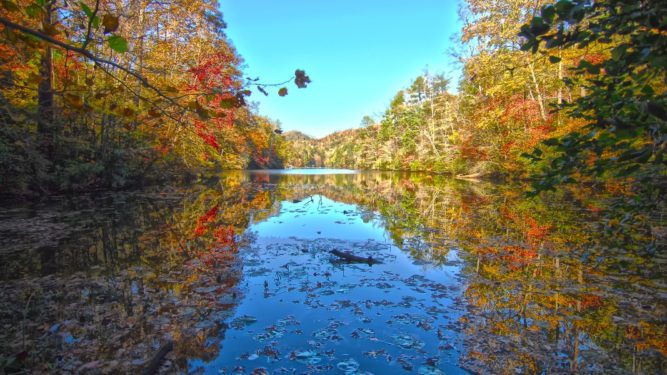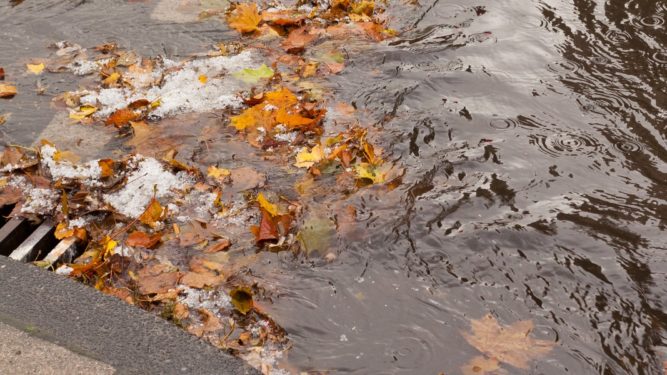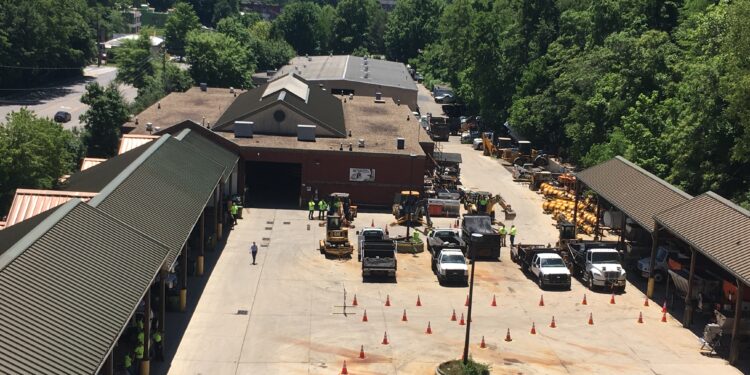Happening Now
The City has initiated the Stormwater Utility Program Assessment and Fee Study. The Study includes an evaluation of Asheville’s Stormwater program in its current state and future needs, as well as development of recommendations on how services may be improved for our customers. To support implementation of the recommendations, the Study will provide suggestions on the timing of the recommendations, stormwater fee adjustments and other funding strategies.
We are preparing to launch the public engagement portion that will include a range of activities to gain input, as well as, inform and educate residents, community members, and businesses about our program.
Background
Asheville’s Stormwater program has been funded by a stormwater fee for more than 17 years in order to meet the requirements of its National Pollutant Discharge Elimination System (NPDES) Stormwater Permit and Stormwater Management Plan. In order to better serve our community, the City is proactively assessing our program and identifying areas where improvement is necessitated.
Why is the study being conducted now?
Much of the City’s stormwater infrastructure has reached its useful life and issues like climate change, increased tourism, and City growth are putting more strain on our stormwater system. Prices for materials and contract services to maintain and upgrade infrastructure facilities are also rapidly increasing. Additional funding will be needed to address existing and future needs.
How will the study be conducted?
The City has retained Raftelis Financial Consultants to help evaluate the current stormwater program and future needs. The first phase of the Study will compare Asheville’s current and future operational, capital, financial and communication initiatives to best practices used by other communities with successful stormwater programs.
This phase will conclude with an Implementation Plan that includes recommendations generated from the review of the current program, feedback received and comparisons to other stormwater programs. Plan recommendations will look at key program elements such as:
-
- Process (identifying where changes are needed)
- Staffing levels (ensuring the City can provide the highest level of service most efficiently), and
- Funding (to optimize the way funds are used to pay for critical capital and operational improvements)
The second phase, starting in fiscal year 2024, will include the implementation of study recommendations supported by Council.
How will the community be involved?
Community input is a key part of the Study. The input of Asheville’s residents, community members, businesses and other stakeholders is essential to the integrity of the stormwater study and plan. Feedback about experiences and impacts of stormwater runoff will be essential data points in assessing appropriate stormwater management solutions.
Feedback and informational opportunities will include:
-
- Educational materials
- Project survey
- Public meetings
- Participation in local events
- Project web page
- Briefings to the Mayor and Council, Committees, Boards, and Commissions serving the City of Asheville
Timeline
2022
- Fall: Review existing documents; Have discussions with City staff
- Winter: Prepare Community Engagement Plan
2023
- Spring: Summarize current program and gaps; Create financial model
- Spring/Summer: Community engagement; Prepare draft financial strategy and model; and Prepare associated implementation plan in final draft form
- Summer: Address public comments, Finalize report summarizing long-term implementation plan and funding scenarios
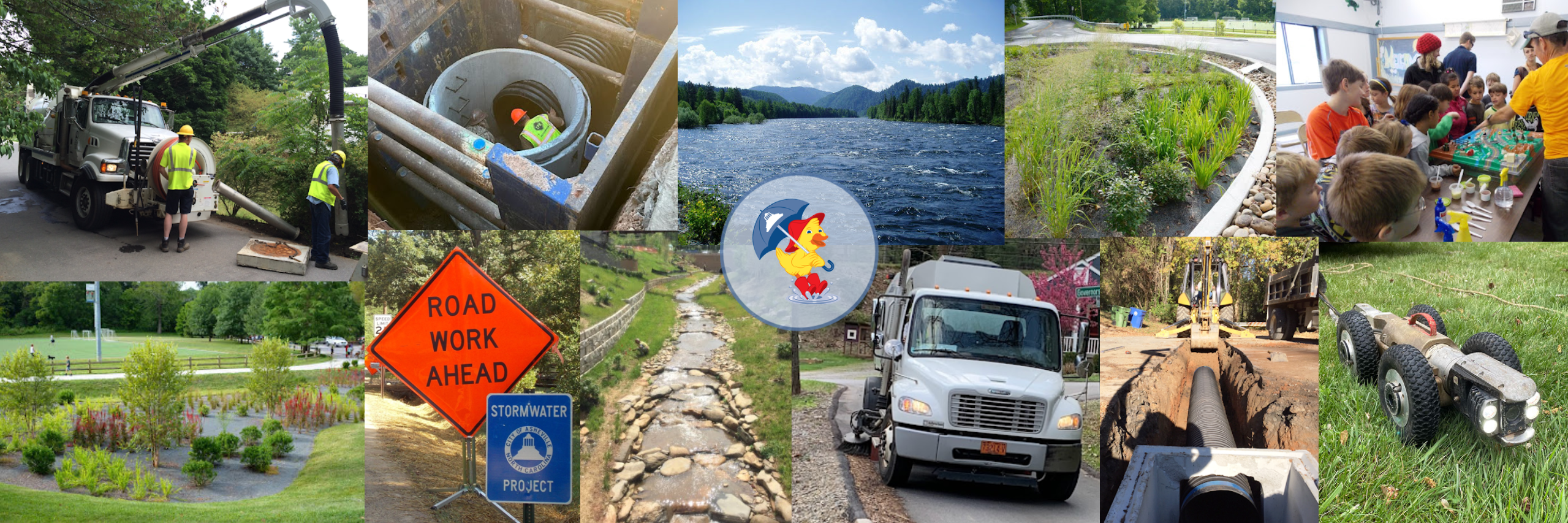 Facts About Stormwater
Facts About Stormwater
What is stormwater?
Stormwater is water from rain, snow, and ice melt. Stormwater can soak into the soil, be stored in ponds and puddles, evaporate, or run off – flowing across hard surfaces (impervious surfaces), bare soil, and through sloped lawns and greenspaces. When stormwater flows across hard surfaces it increases the rate and volume of water runoff which can contribute to increased frequency and severity of flooding. It also picks up waste and solids (sediment, leaves, litter, oil/grease, etc.) that can clog storm drains, causing even more intense flooding, and pollute our creeks and streams.
Stormwater is managed using a number of tools including gray infrastructure and green infrastructure. Gray infrastructure typically involves man-made structures and can include gutters, pipes, storm drains, and filters, and treatment systems. Green infrastructure uses natural elements such as plant or soil systems to mimic natural infiltration. This includes pavement surfaces and substrates that can be penetrated by water.
What is a stormwater utility?
A stormwater utility is a common way to pay for stormwater management and compliance costs. Utilities charge property owners a fee to fund stormwater improvements and continued upkeep. Stormwater utilities are an equitable method to pay for these services since all are affected by the management of stormwater.
How is stormwater managed by Asheville?
Managing stormwater is a complex service. The City’s current stormwater infrastructure is a mix of inlets and catch basins, pipes, ditches, channels, creeks/streams, and green infrastructure. It is an aging system and includes the following totals:
Stormwater pipes – 40.25 miles
Ditches – 412 miles
Green infrastructure – 22 facilities
The City operates and maintains those stormwater systems that are located within City rights-of-ways or easements and City owned properties. If you have questions about whether a stormwater issue is on public or private property, you can contact the Stormwater Division at 828-232-4567.
Who pays the Asheville stormwater utility fee?
The Stormwater utility fee is charged to all residential and non-residential properties within the City limits to fund the City’s federally mandated stormwater management program.
How are the stormwater utility fees used?
Revenue from this fee is used to maintain the City’s stormwater system, which includes installation, maintenance, repair, and revitalization of infrastructure as well as sustaining the natural environment by improving water quality.
Supporting Documents
Asheville Stormwater Public Survey
Contact Information
Amy Deyton, PE, Assistant Public Works Director

